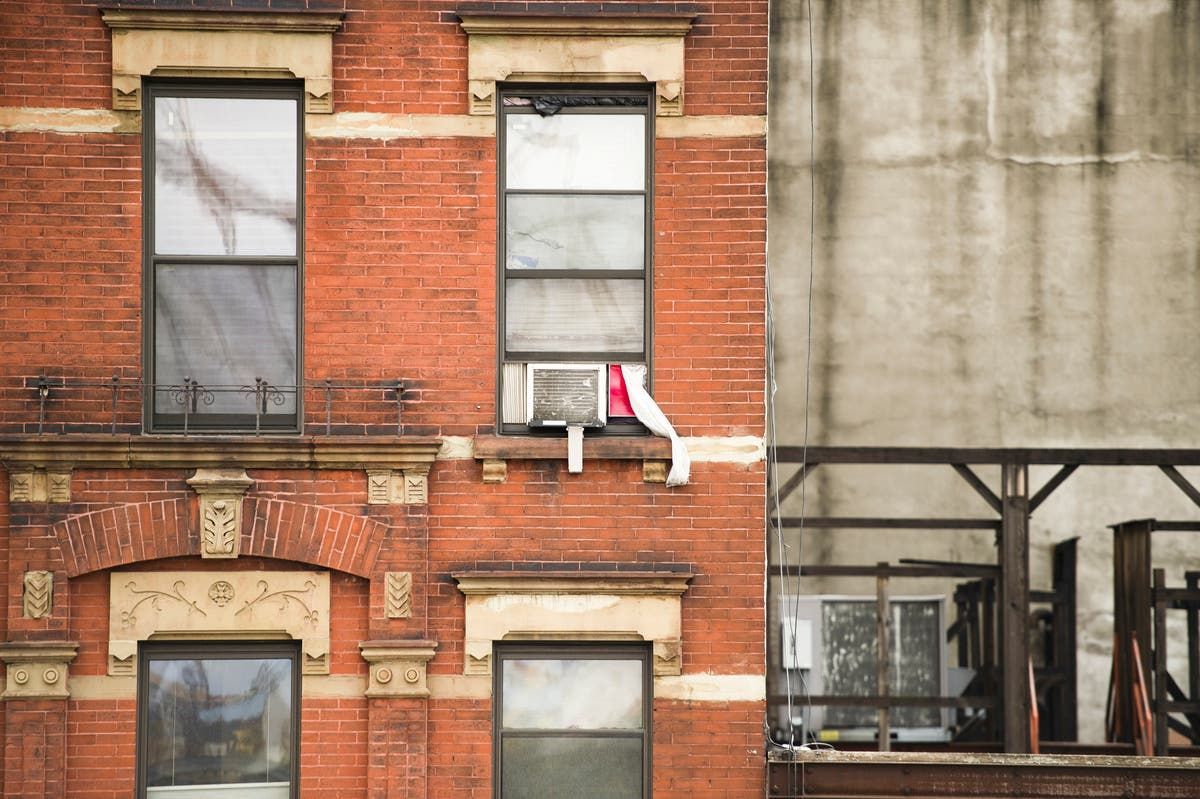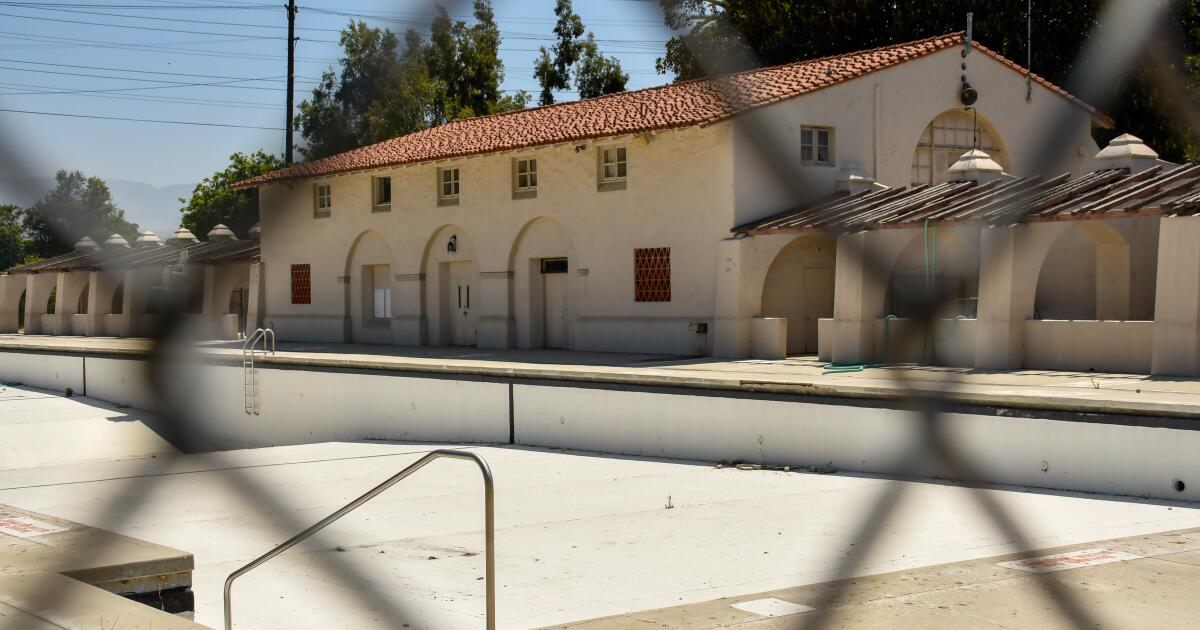Truly support
independent journalism
Our mission is to provide unbiased, fact-based reporting that holds the powerful to account and exposes the truth.
Whether it's $5 or $50, every contribution counts.
Support us in offering journalism without agenda.
Searching for a new apartment is never easier or more enjoyable, no matter how many times you've done it.
While prior experience can sometimes be helpful when looking for an apartment, in most cases it's good to have a little skepticism, especially when it comes to avoiding scams, unresponsive landlords, or other pitfalls unfavorable to renters.
In New York City, where the average monthly rent for a studio apartment is $3,501, which breaks down to $7.64 per square foot, that means every dollar should be going toward a place you'd love to come back to.
If you're currently searching for the perfect abode, here are some helpful red flags to look out for when reviewing apartment listings and throughout the overall apartment-hunting process.
Lack of photos of the apartment.
Typically, the apartment-hunting process begins with an online search for units and a decision about whether or not they're worth seeing in person. When looking at online listings, you should look to see if there are at least two photographs. Sellers sometimes avoid showing certain areas of the apartment, such as the kitchen and bathroom, if they're not in good condition or because they don't exist at all, such as a viral apartment in New York City that's missing both the bathroom and kitchen.
Another concern with photographs is whether or not they appear digitally altered. To make an apartment look better in online photos, real estate agents or landlords may insert clip art of a couch or chairs, so it looks like larger items can be placed inside the unit. If possible, ask the seller for live photos or a video of the unit that is not attached to the listing.
Pay a credit check before seeing the apartment in person

Before you are approved for an apartment, the landlord or leasing office may run a credit check to make sure you and your roommates, if you have them, are able to make monthly rent payments on time.
To do this, they will usually hire a third-party company to conduct the screening, or they will do it themselves. If the leasing office uses a third-party company, they will usually charge the applicant a small fee, often $20 or less. However, if the leasing office or landlord tries to charge you this amount before you can see the apartment, it may be a warning sign not to proceed.
Lack of communication

During the apartment hunting process, you'll typically be in contact with several people, whether it's your agent, the leasing office, or the landlord themselves. If you don't hear back from them within a few days, it could be an indication of what kind of landlord you'll be dealing with as a tenant.
If something breaks in your apartment or you need your landlord for any reason, you can probably expect the same lack of communication you experienced from them before you signed a lease, which can quickly become a problem if you need to fix something right away, like a leak or any pests.
Bad reviews

In some cases, it's possible to simply search for the name of the building and the owner. If there are one or two negative reviews among dozens, it may be a rare case of an unhappy tenant. But if the reviews are mainly negative, it may be an indication that you should avoid living there.
Specifically in New York City, there are websites dedicated solely to complaints against landlords.
Unusually low rent

Apartment listings can sometimes fall into the “too good to be true” category, where they might be within your allotted budget but have one more bedroom than you originally sought or even be located in an area that is typically more expensive.
Typically, rent is lower than average for a reason, whether it's complaints about the landlord or if the apartment has features that aren't ideal, such as a location above a loud bar or a noisy construction site.
In other cases, the rent is low because it is net effective, meaning there are one or two free months included in the rent. To make up for that free month, you will have to pay a higher amount in the other 11 months of the lease.
Honorable mention: broker's fees

While not necessarily a deal breaker, paying a real estate agent fee should be avoided whenever possible. A real estate agent fee is a sum of money that the real estate agent charges tenants in exchange for their help in finding their future rental home. Essentially, the real estate agent is paid to show you the apartment if it ends up being the specific apartment you sign the lease with. The fee must be paid before you move in and can range from one month's rent to 15 percent of the annual rent.
In a viral TikTok, which showed a person touring an apartment in New York City, they were initially told there was no fee and then told there was a “$4000 broker fee.”
Simply because of the high costs associated with broker fees, it is recommended to contact the owner if possible.












